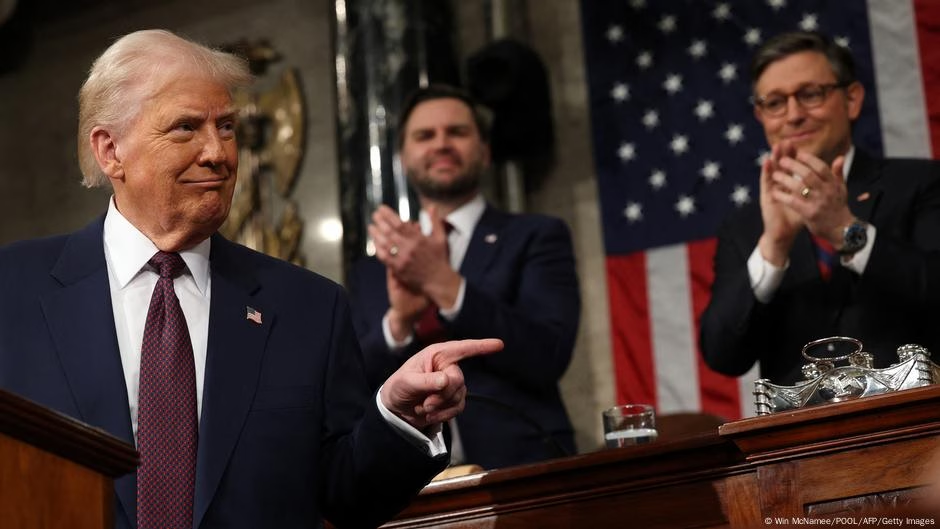The Christian Democratic Union/Christian Social Union (CDU/CSU) and the Social Democratic Party of Germany (SPD), the two parties expected to form the next government, have already reached an agreement regarding significant investments in Germany’s infrastructure and military. A credit-based special fund will be established for this purpose, and the debt brake enshrined in the German Basic Law will be relaxed to increase defense spending. These plans generally enjoy public approval.
According to Infratest-dimap’s monthly survey of 1,325 eligible voters, two-thirds support a massive budget increase for the Bundeswehr and eight out of ten respondents favor additional funding for infrastructure projects. The possible new chancellor, Friedrich Merz, pledged to improve Germany’s military capabilities. This is particularly due to the recent shifts in US foreign policy initiated by President Donald Trump, which have led to a decline in trust towards the US and concerns about Germany’s security.
Only one in six voters still see the US as a reliable partner, and three-quarters believe that NATO members cannot rely on the US for protection. There is also growing support for a European military alliance.
European leaders have pledged to continue supporting Ukraine, but six out of ten respondents believe it is unrealistic to expect European countries to compensate for US support. Respondents have a pessimistic outlook on Europe’s future, and concerns about security and the Ukrainian people have grown.
Despite ongoing exploratory talks between the CDU/CSU and the SPD, voters are worried that there may not be a stable government. Party preferences have not changed significantly, and if voters were to vote again, the CDU/CSU would still be ahead followed by the Alternative for Germany (AfD), the SPD, the Green Party, and the Left Party.
Source: https://www.dw.com/en/germans-no-longer-see-us-as-trustworthy-partner/a-71858094?maca=en-rss-en-all-1573-rdf







